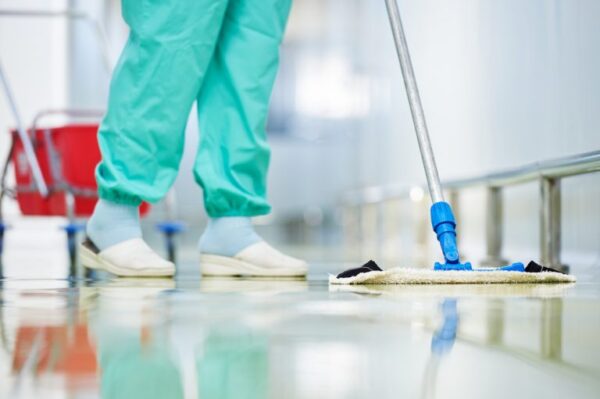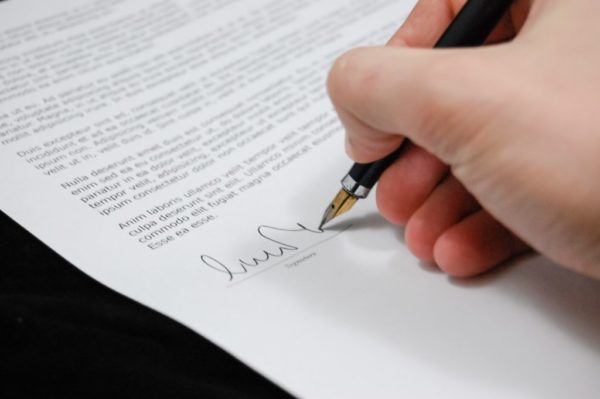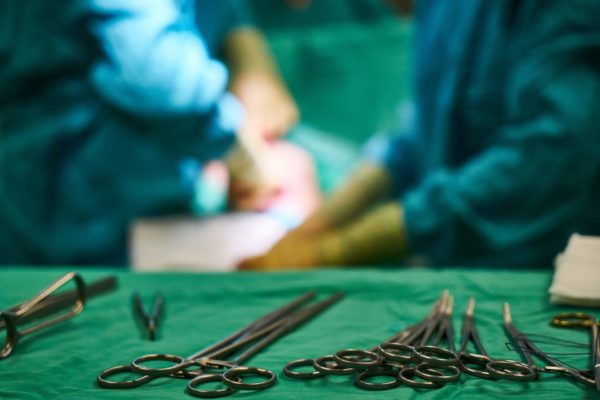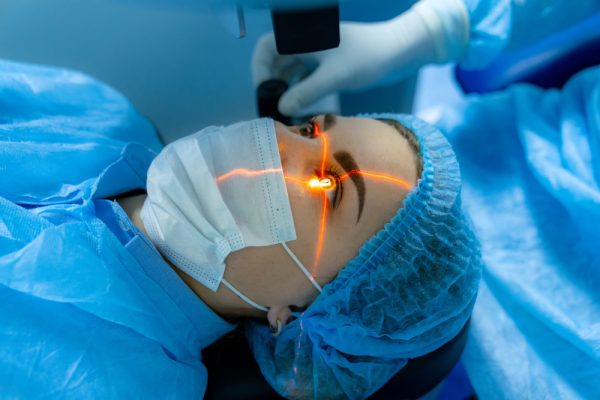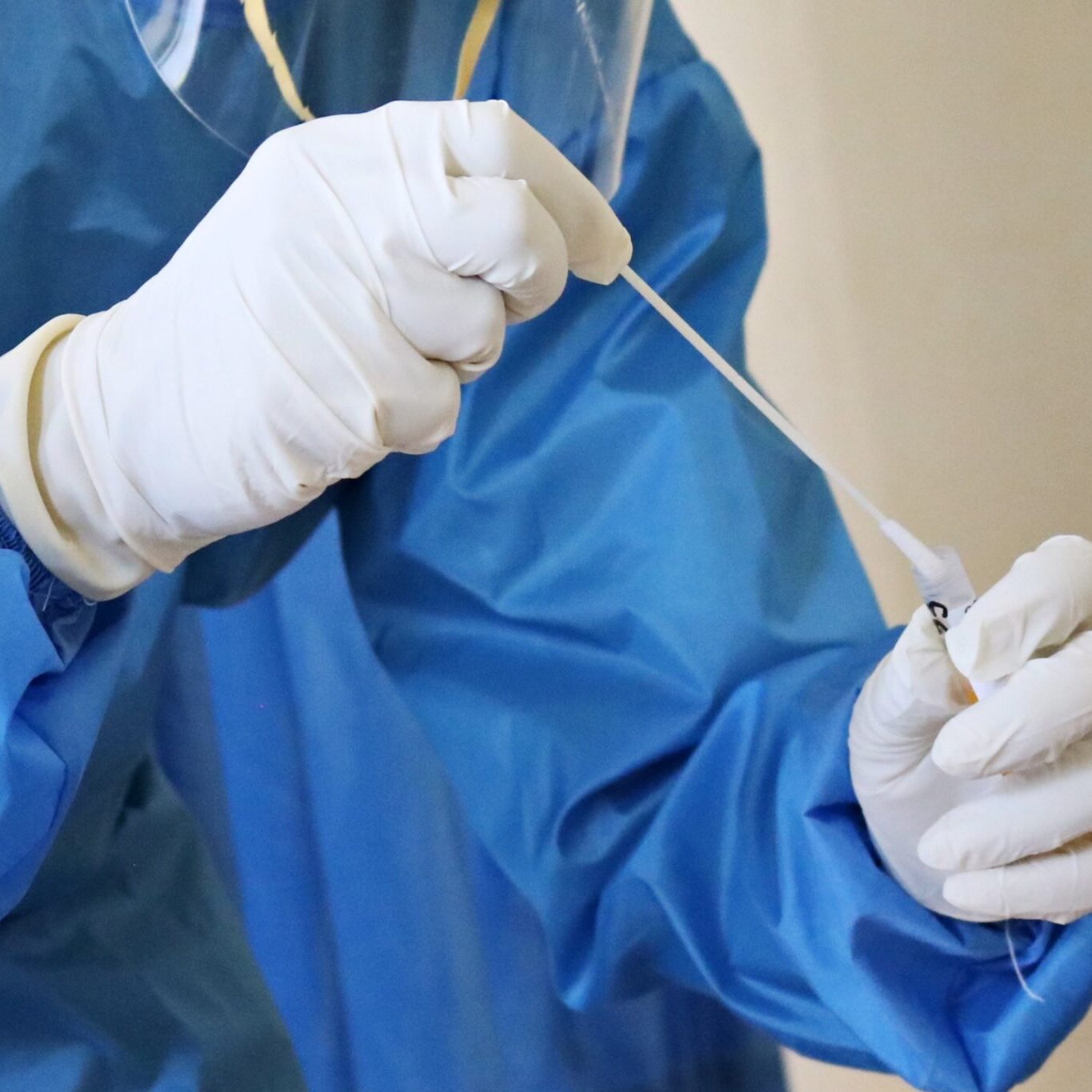
One of the biggest contract failures of the Covid-19 pandemic has been the test and trace system. A damning report from the Public Accounts Committee (PAC) in October 2021 stated that the test-and-trace system has failed to achieve “its main objective” to cut infection levels and help Britain return to normal. The report added that the failure was despite being given an “eye-watering” £37bn in taxpayers’ cash or 20% of the NHS’s entire annual budget over two years.
Dame Meg Hillier, chair of the committee, said: “The national test-and-trace programme was allocated eye-watering sums of taxpayers’ money in the midst of a global health and economic crisis. It set out bold ambitions but has failed to achieve them despite the vast sums thrown at it.
“Only 14% of 691m lateral flow tests sent out had results reported, and who knows how many took the necessary action based on the results they got, or how many were never used. The continued reliance on the over-priced consultants who ‘delivered’ this state of affairs will by itself cost the taxpayer hundreds of millions of pounds.”
The test and trace system was set up in May 2020 as the UK emerged from the first lockdown. The system covers England and Wales and was led by Dido Harding, a Conservative peer and businesswoman who had previously worked for Tesco and TalkTalk. She was appointed by the then health secretary, Matt Hancock.
Problems
It’s not NHS test & trace
Although often referred to as NHS test & trace, with the exception of the contact tracing app, the system has always been almost exclusively run by private companies, with large contracts awarded to companies such as Serco, Sitel and Deloitte. These companies then sub-contracted out much of the work to smaller companies. When things began to go wrong it was the council-run contact tracing departments that often took over contact tracing.
Private companies were involved at every level of the test & trace system - test centres, testing staff, test analysis, and tracing contacts. And it is safe to say that at every level there have been major failures.
Here’s just a few of the things that have gone wrong with test and trace.
Disastrous app development
The development of an app for contact tracing and informing people when they had been in contact with someone who had tested positive was the only part of the test and trace system that was completely within the NHS. Development was by NHSX, the NHS’s technology department, which for some reason decided to develop its contact tracing app without the help of the two largest and most experienced app developers - Apple and Google - both of which had offered to collaborate.
Other countries, such as Ireland, had enlisted the help of the giant tech companies and produced an app that worked on all phones and cost about £773,000 to develop. NHSX on the other hand developed an app which would not work on a large proportion of phones and the first phase of development cost £11 million. Instead of immediately changing tack and seeking help from Apple and Google for such an important part of the test and trace system, NHSX persisted in the development, wasting weeks of time and spending millions. Eventually the government conceded that it needed help and decided to join forces with the tech giants.
The app was finally released to the public in September 2020. Months had been wasted and millions of pounds. Elsewhere in the UK, the Northern Irish and Scottish executives both hired the company which designed the Irish app to design their own and it was expected to cost less than £1 million to build and operate.
Low level of contact tracing
The government’s Scientific Advisory Group for Emergencies (Sage) has stated that 80% of contacts with coronavirus cases need to be contacted and told to self-isolate in order for the system to be effective.
Serco and Sitel were awarded contracts to recruit thousands of people to carry out contact tracing. There was a big fanfare about the recruitment of 20,000 contact tracers when the system launched in May 2020. However, there very quickly appeared to be problems with training of the tracers and how effective they were at contacting people.
Contact tracing is a specialist skill that needs tact to obtain sometimes sensitive information from sick individuals, the contact tracers recruited by Serco and Sitel had little or no experience and were given minimal training when hired on near-minimum wage.
It was revealed in August 2020 that just 56% of close contacts handled online or by call centres run by Serco and Sitel, were being reached. In contrast, the local council’s contact tracers in the Blackburn with Darwen area managed to contact 90%, one of a growing number of councils that set up their own systems due to frustration with the centralised Serco/Sitel system.
For many months thousands of contacts were never reached and told to self-isolate and the virus spread out of control.
Self-isolation compliance has been too low
Even if NHS contact tracers reached 100% of coronavirus contacts, up to 80% of them would be required to self-isolate in order for the scheme to be effective.
Self-isolation is difficult for many sections of society, in particular those on low wages and zero hours contracts - if you don’t work, you don’t get paid.
Finally, after much campaigning and research published in September 2020 that showed just 15% to 30% of people were self-isolating, the government introduced £500 in support for people on low incomes whose finances would be impacted if they had to stay at home.
The most recent data from the ONS (August 2021) reports that 88% of people are self-isolating when contacted, stable from June 2021, but down from 93% in May 2021.
The target to turnaround results for face to face tests has never been met
The PAC report was heavily critical of the fact that the target to return results for all face to face tests within 24 hours has never been met.
The target was there to ensure that when a person with coronavirus is told they are positive as soon as possible, so they can isolate and minimise spread of the virus.
The report notes that in December 2020 and April 2021, the test and trace system provided only 17% of in-person PCR test results within 24 hours, compared to 38% at the end of October 2020.
Payment to management consultants
From the start of the pandemic to January 2021, the government has spent at least £375m on private consultancy services for the test and trace system. In October 2020, Sky News reported that more than 1,000 consultants from Deloitte were working on test and trace, which in pure headcount terms, is about the size of a small UK government department. Deloitte is the most dominant management consultancy, but consultants from McKinsey, BCG, PWC, KPMG and EY are also employed.
The highest paid consultants were reported to be earning £6,624 a day.
Data errors
There have been several incidents of data being lost from the system or not used correctly.
After relaxation of the first lockdown, anyone wanting to enter a venue was told to either check-in by leaving contact information with staff or use the NHS app, so authorities could locate them if there was a Covid outbreak. However, the PAC report found that this data was "barely" used by Test and Trace, which meant "thousands of people" were not warned they might be at risk of infection, "potentially leading to the spread of the virus".
From 25 September to 2 October some 16,000 positive cases were left out of the UK daily case figures. They were then recovered and passed on to contact tracers. Some of those infection alerts were delayed by a few days, others by nearly a week. It makes it highly likely that some of those contacts who were not reached in time will unknowingly have been spreading COVID-19.
In May 2021, a software error meant that more than 700 infected people and their close contacts were not promptly passed on to local health teams, allowing them to potentially spread the virus further. This is thought to have led to the rapid spread of a new variant.
One of the most high profile was the hunt for an individual who had entered the country carrying a Brazilian variant of the virus. It took almost a month to track them down as they did not complete a passenger locator form in full and did not complete a test registration form when tested at the start of February 2021. The person was not located until 5 March, having freely circulated for almost a month.
Failures at testing centres
In October 2021 the private company Immensa was shown to have returned 43,000 incorrect negative PCR test results between 8 September and 12 October 2021. The people had previously tested positive on a lateral flow device (LFD). The company’s Wolverhampton laboratory was suspended from test and trace.
Dr Kit Yates, a mathematical biologist at the University of Bath, told The Guardian: “We now know 43,000 people are believed to have been given false negatives, but this doesn’t even come near to the cost of the mistake. Many of these people will have been forced into school or work, potentially infecting others. This could be part of the reason behind some of the recent rises we’ve seen.”
The laboratory was found to not be fully accredited to perform the testing work by the UK's independent accreditation service, Ukas, although the Department of Health had assured the media that it was. The Ukas accreditation is intended to ensure labs meet minimum quality standards. Companies require the certification, or must be in the process of applying for it, if they wish to provide Covid testing.
The Independent reported that whistleblowers at the Immensa lab have revealed how machines were poorly maintained, and their concerns over quality control dismissed, and untrained staff regularly “left to their own devices”.
Samples at the Wolverhampton lab were wrongly processed or cross-contaminated, leading to incorrect test results, while faulty air conditioning and fluctuating humidity levels within the site also led to spoiled tests, one whistleblower has said. Another said that a focus was placed on “quantity over quality”, with staff under pressure from senior management officials to process as many tests as possible each day.
Companies
Serco
Serco has been the most prominent company in the test and trace system. In the early part of the pandemic the company was Serco was awarded a contract worth £108m for fourteen weeks from the contract start date up to the 23rd August 2020, with the option to extend for a longer period up to a value of £410m in total.
The contract was directly awarded to Serco by the Crown Commercial Service on behalf of the Department of Health and Social Care (DoHSC) in May. It was not put out to open tender but selected via an existing framework of suppliers.
According to openDemocracy, Serco’s Covid contact tracing contract allows Serco to “refine” its own service level agreements, oversee its own monitoring, and also rules out automatic penalties for underperformance. The lack of penalty clauses was confirmed by health minister, Helen Whately, in October 2020.
Serco also holds two further Covid-related contracts totalling nearly £100m: a Department of Work and Pensions helpline for people shielding, and assistance with a business helpline.
In June 2021 Serco was awarded a new contract worth up to £322m to continue running Covid-19 testing sites for another year. The contract is to operate regional, local and mobile testing centres in England and Northern Ireland.
In December 2020, a Guardian investigation found that Serco had subcontracted the work to 21 smaller companies, who were using untrained staff.
More details on Serco can be found in the company profile here.
Immensa
Immensa was set up near the start of the pandemic in May 2020 by Andrea Riposati, a former management consultant and owner of the DNA testing company, Dante Labs. Three months later, the Department of Health awarded it a £119m PCR testing contract. Riposati is the firm’s sole listed owner and board director.
The contract award did not go through the normal competitive tendering process. Immensa was given a further £50m testing contract in August 2021.
In September 2021, Immensa won a separate £12m contract in relation to genomic sequencing. In October 2021 operations at the Wolverhampton lab were suspended as it was found the company had given out 43,000 incorrect test results between 8 September and 12 October.
Since the testing errors have emerged it was found that Immensa was not fully accredited with the UK Accreditation Service. Its sister company, Dante Labs which does travel tests is also the subject of an investigation by the Competition and Markets Authority.
The Guardian has reported that Dante Labs in the US had sent out used DNA test kits filled with other customers’ saliva.
The health secretary, Sajid Javid, is facing legal action over the mistakes made by the Immensa laboratory. In late October, the Good Law Project sent a pre-action letter to Sajid Javid seeking answers over the scandal, which some experts believe has contributed to a rise in coronavirus cases in south-west England.
The project is asking the health secretary and UK Health Security Agency to terminate Immensa’s contracts immediately, compensate the individuals affected and take action to properly regulate private testing firms. It says it will sue if its requests are not met, arguing there have been breaches of public law duties and the Human Rights Act.
Randox
In March 2020, Randox was awarded a £133m contract to produce testing kits for England, Wales and Northern Ireland. Under the contract, the kits are sent to the public and places such as care homes and then delivered back to Randox to check swabs to see if individuals have the virus. In November 2020 the comany was awarded another 6 month extension contract worth £347m.
In July 2020, the testing kits were withdrawn after safety problems were discovered.
There are serious questions over why Randox was given the contracts as an investigation by The Times found that shortly after the first contract award, it was found that the company did not have the required amount of equipment to carry it out. The journalists saw documents that revealed that civil servants were desperately trying to source equipment to make up for shortfalls in Randox’s equipment. The documents contained officials explaining that university campuses would have to give up testing resources and send them to Randox.
The awarding of contracts to Randox is considered to be related to the company's employment of Owen Paterson, a Conservative MP, ex-Environment Secretary, and leading Brexit supporter, as a consultant since 2015. He was paid £100,000 a year at the rate of £500 an hour. In October 2021, Owen Paterson was finally after many delays found guilty of breaching paid advocacy rules, two years after the Guardian published documents revealing how the former environment secretary helped lobby for two firms he was paid to advise – Randox and Lynn’s Country Foods.


